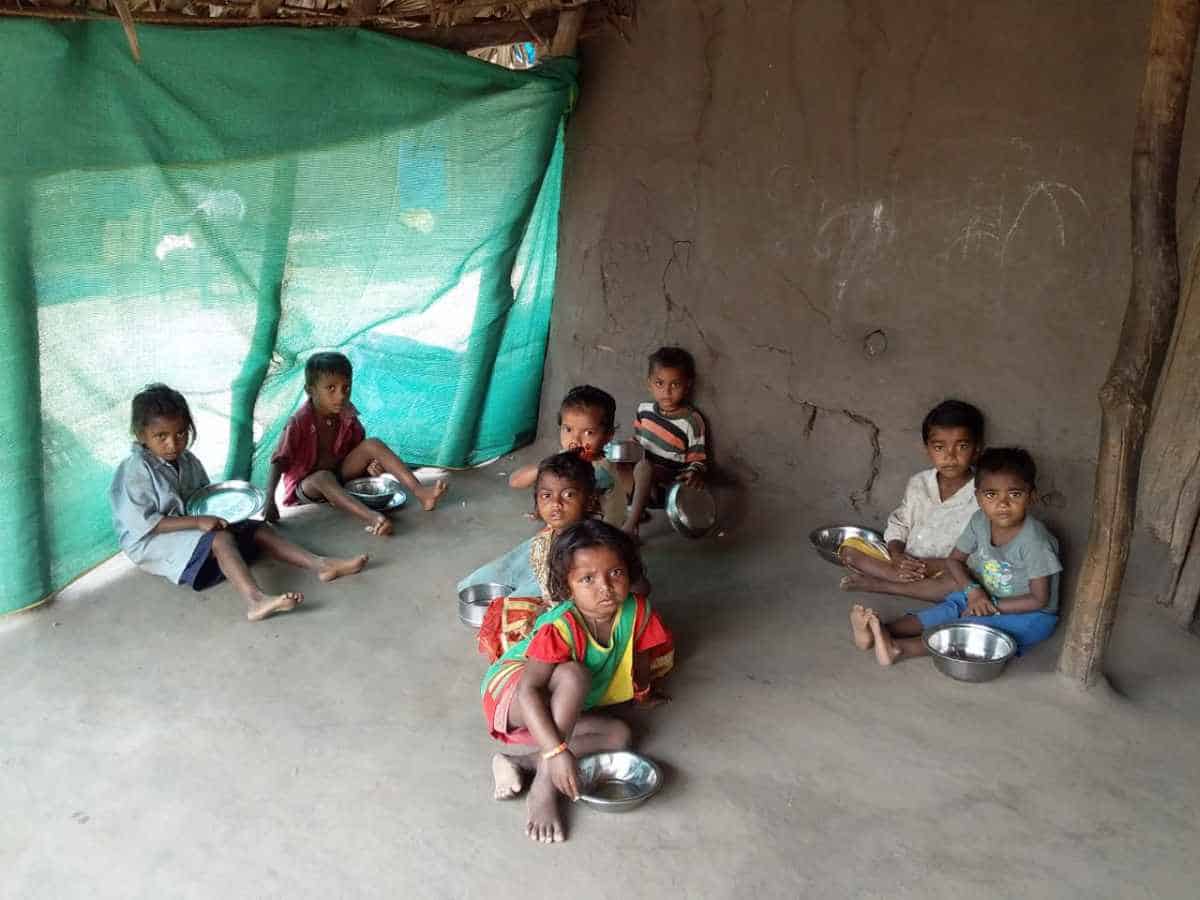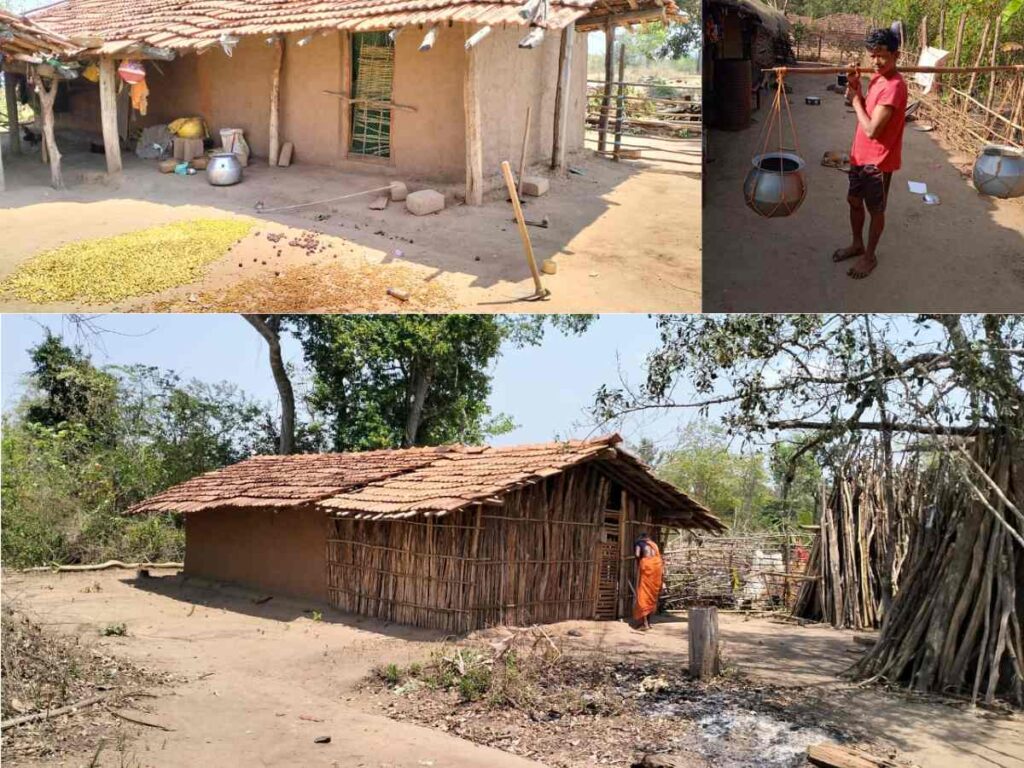
Hyderabad: One often hears the phrase “What’s in a name.” Well, for Gutti Koyas living in the two Telugu states, a misspelt name changed the fortunes of the community for the worse.
Tens of thousands of Gutti Koyas displaced from Chhattisgarh due to Naxal violence since the 1970s couldn’t have thought they would become refugees in their own country. Most of them have made the forests bordering Chhattisgarh in AP and Telangana their haven, where they could at least lead a safe life without being sandwiched between the security forces and Maoists. Generations of Gutti Koyas have passed, and their struggle continues.
One of the many issues they face is the inability to obtain caste certificates in the Telugu-speaking states. The reason: In The Constitution (Scheduled Tribes) Order, 1950, the name of their community is misspelt as ‘Gutta Koya.’
The fallout of this error has been that most Adivasis have been unable to obtain caste certificates from the local officials for decades. As a result, they’ve been deprived of the benefits of welfare schemes, education, and employment in their host states.

Struggle for recognition
Kunja Rajitha, an athlete who participated in the Asian Games, hails from the Gutti Koya community. Her family migrated to erstwhile Andhra Pradesh decades ago. However, she couldn’t obtain an ST caste certificate from either Telangana or Andhra Pradesh, hindering her access to sports training in a stadium. Fortunately, she gained admission under the general quota based on merit.
There have been instances in the recent past where state governments have passed resolutions and sent them to the Centre. For example, The Constitution (Scheduled Tribes) Order (Fifth Amendment) Bill, passed last year in Parliament, included phonetic variations of 11 Adivasi communities from Chhattisgarh in the list, along with a new community named Binjhia.
At the time, political analysts saw it as a way for BJP-led Centre to woo the tribal people just before the Assembly elections in Chhattisgarh, where BJP came to power.
In Telangana and AP the situation is a little different. Former Telangana chief minister K Chandrasekhar Rao had on multiple occasions, in the Assembly and outside, made statements that were detrimental to the community. He went on to call them “notorious” and “outsiders” and accused them of destroying the forests.
A call for action
According to Gondi Venkat Ramana, a tribal rights activist, the name Gutta (pronounced as Guttha in Telugu) was attributed to the community in the 1950s when they were brought from Chhattisgarh as farm laborers to harvest tobacco, chilli, and other crops in the border areas. Somehow that word made its way into the Constitution (Scheduled Tribes) order in the state list to represent that community.
“The government officials in these two states consider them migrants. The name is just an excuse to deny them caste certificates. Whether they are called Gutti, Gutta, or Gothi Koyas, what difference does that make? They are a sub-sect of the Koyas. So why should they be denied their rights and be deprived of welfare schemes and basic needs like education and employment,” he told Siasat.com.
After the Congress came to power in Telangana, Vetti Beema, Secretary of Valasa Adivasula Samakhya, wrote to State minister for women and child welfare, panchayat raj and rural development, and rural water Supply, Danasari Anasuya, requesting her to set up a committee to correct spelling mistakes in the schedule of Telangana for tribal people and ensure issuance of caste certificates to these internally displaced persons.
Interestingly, Anasuya, known as Seethakka, has written her PhD thesis on “Gutti Koyas’ way of life.” She hails from the Koya community and represents Mulugu Assembly constituency, a fifth-schedule area.



